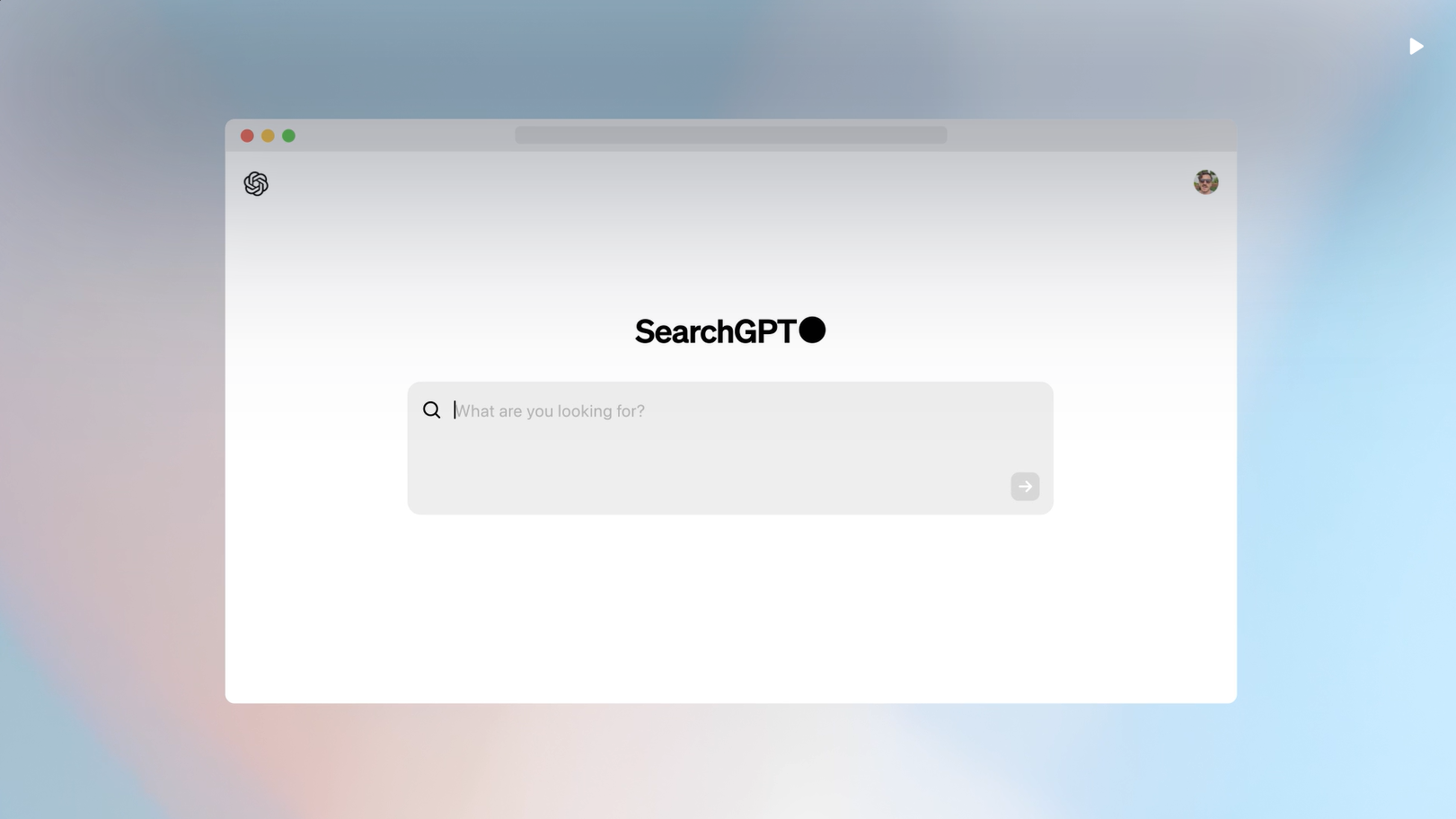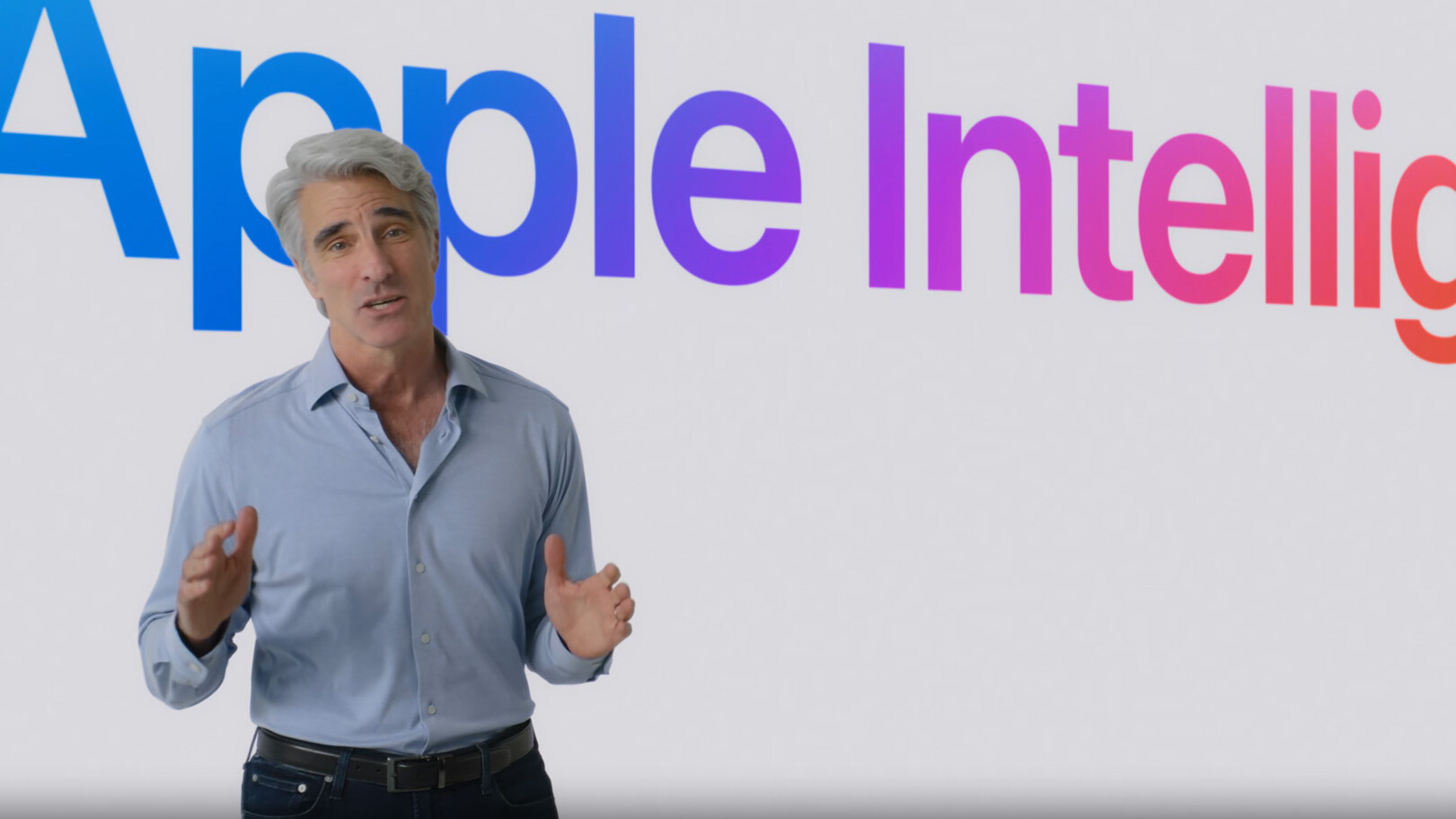OpenAI is set to revolutionise the digital search landscape with the introduction of SearchGPT, an AI-powered search engine poised to challenge the dominance of Google. This innovative tool, integrated with OpenAI's advanced language model, ChatGPT, promises to offer a more interactive and context-aware search experience. The implications of this development are far-reaching, affecting everything from how users retrieve information to the strategies marketers employ in the digital realm.
We’re testing SearchGPT, a temporary prototype of new AI search features that give you fast and timely answers with clear and relevant sources.
— OpenAI (@OpenAI) July 25, 2024
We’re launching with a small group of users for feedback and plan to integrate the experience into ChatGPT. https://t.co/dRRnxXVlGh pic.twitter.com/iQpADXmllH
The Evolution of Search
Google has long been the frontrunner in the search engine market, setting the standard for users accessing information online. Recently, Google has integrated AI-generated summaries at the top of search results to provide quick answers without clicking links. This feature enhances user experience by offering concise, relevant information directly within the search results.
However, OpenAI's SearchGPT takes this concept a step further by leveraging conversational AI to maintain context throughout a search session. This allows for more nuanced and detailed responses, making the search process more akin to a human-like interaction. SearchGPT's ability to understand and respond to follow-up questions provides a seamless and engaging user experience, distinguishing it from traditional search engines' more static and isolated query approach.
Impact on Digital Marketing
The introduction of SearchGPT is set to disrupt the digital marketing landscape significantly. Marketers must prepare for a shift in how search engine optimisation (SEO) and content marketing strategies are executed. Here are a few key areas where changes will be most impactful:
SearchGPT's ability to personalise responses based on user interaction history offers new opportunities for targeted marketing. Marketers can leverage this feature to deliver personalised content and recommendations, enhancing user engagement and conversion rates.
-
Content Optimisation for Conversational AI:
Traditional SEO focuses on keywords and meta tags to rank in search results. With SearchGPT, marketers need to optimise content for conversational queries. This involves creating more natural, dialogue-like content that aligns with how users speak and ask questions.
-
Enhanced User Engagement:
The interactive nature of SearchGPT means that users can have an ongoing dialogue with the search engine. Marketers should develop content that answers initial queries and anticipates follow-up questions, providing comprehensive information in a conversational format.
-
Personalised Marketing Strategies:
SearchGPT's ability to personalise responses based on user interaction history offers new opportunities for targeted marketing. Marketers can leverage this feature to deliver personalised content and recommendations, enhancing user engagement and conversion rates.
-
Real-Time Adaptation:
The real-time learning capabilities of SearchGPT mean that content can be dynamically updated based on user interactions. Marketers need to be agile, continuously monitoring and adjusting their strategies to stay relevant and effective.
-
Integration with Other Platforms:
As SearchGPT integrates with platforms like Microsoft's Bing, marketers should explore cross-platform strategies to maximise their reach and impact. Ensuring content is optimised for both standalone AI-driven search engines and integrated platforms will be crucial.
Preparing for the Future
The launch of OpenAI's SearchGPT represents a significant milestone in the development of digital search. By providing a more interactive, context-aware search experience, it disrupts the traditional paradigms established by Google. For marketers, this presents both a challenge and an opportunity. Adapting to this new technology will necessitate a shift in strategies, but those who embrace the change will position themselves at the forefront of the next generation of digital marketing. To stay ahead of the curve, marketers should take the following steps:
-
Invest in AI Training:
Understanding how AI-driven search engines operate will be essential. Investing in training and tools that help analyse and optimise content for AI interactions will provide a competitive edge.
-
Create Conversational Content:
Shift focus from traditional keyword-stuffed content to more natural, conversational pieces that align with how users interact with AI.
-
Leverage Data Analytics:
Utilise advanced analytics to track user interactions with SearchGPT, gaining insights into behaviour and preferences to inform content strategies.
-
Stay Agile:
The digital landscape is rapidly evolving. Marketers must remain flexible and ready to adapt strategies as AI technologies continue to develop and user behaviours shift.





